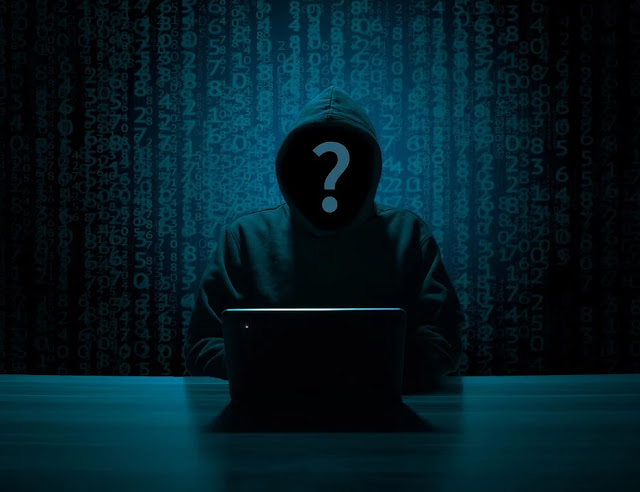It is very unfortunate and shameful for the cybersecurity industry, when cybersecurity professionals themselves betray trust to launch cyberattacks against their own country. In a shocking incident, two men have admitted to working normal jobs as cybersecurity professionals during the day, while moonlighting as cyber attackers.
About accused
An ex-employee of the Israeli cybersecurity company Sygnia has pleaded guilty to federal crimes in the US for having involvement in ransomware cyberattacks aimed to extort millions of dollars from firms in the US.
The culprit, Ryan Clifford Goldberg, worked as a cyber incident response supervisor at Sygnia, and accepted that he was involved in a year-long plan of attacking business around the US.
Kevin Tyler Martin, another associate,who worked as an ex DigitalMint employee, worked as a negotiation intermediary with the threat actors, a role supposed to help ransomware targets, has also accepted involvement.
The situation is particularly disturbing because both men held positions of trust inside the sector established to fight against such threats.
Accused pled guilty to extortion charges
Both the accused have pleaded guilty to one count of conspiracy to manipulate commerce via extortion, according to federal court records. In the plea statement, they have accepted that along with a third actor (not charged and unknown), they both launched business compromises and ransom extortions over many years.
Extortion worth millions
In one incident, the actors successfully extorted over $1 million in crypto from a Florida based medical equipment firm. According to the federal court, besides their legitimate work, they deployed software ‘ALPHV BlackCat’ to extract and encode target’s data, and distributed the extortion money with the software’s developers.
According to DigitalMint, two of the people who were charged were ex-employees. After the incident, both were fired and “acted wholly outside the scope of their employment and without any authorization, knowledge or involvement from the company,” DigitalMint said in an email shared with Bloomberg.
In a recent conversation with Bloomberg, Sygnia mentioned that it was not a target of the investigation and the accused Goldberg was relieved of his duties as soon as the news became known.
A representative for Sygnia declined to speak further, and Goldberg and Martin's lawyers also declined to comment on the report.















